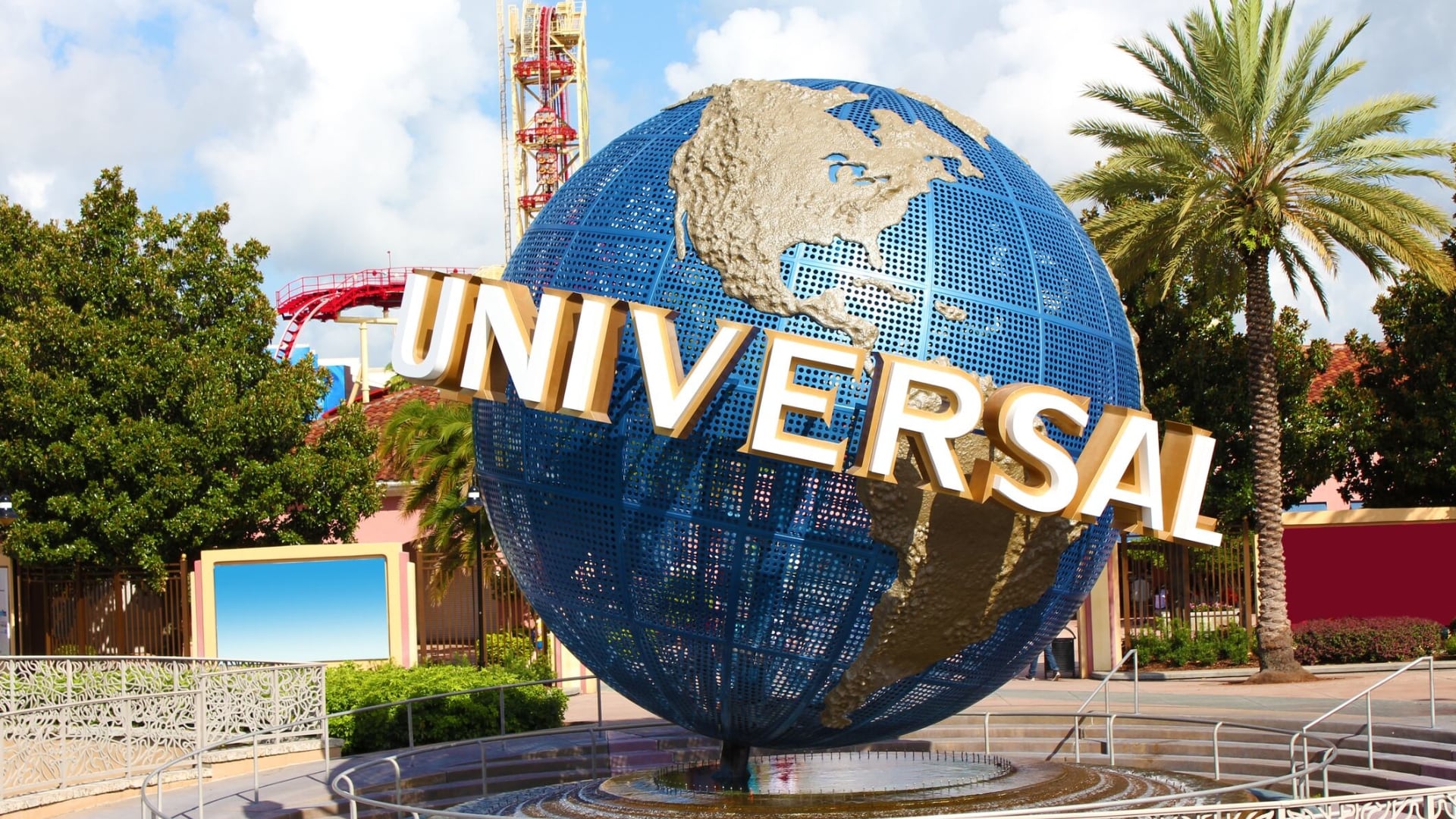*By Chloe Aiello* Volvo's headlights are fixed firmly on the future ー so firmly that it decided to bring a concept, not a car to the 2018 Los Angeles Auto Show. It's a cheeky statement about Volvo's future in mobility ー even as the automaker regains its balance after abruptly cancelling its public debut. "We all know that technology and digital are influencing things in very profound ways, and absolutely it's the case in mobility. So we went through the extreme step of not having a car at a car show," Volvo's Chief Digital Officer Atif Rafiq told Cheddar's Tamara Warren. Volvo and its parent company, China-based Geely, were aiming to take the carmaker public in an IPO that would have valued the company at $16 billion to $30 billion. Greely postponed the debut in September over concerns the U.S.-China trade war could hurt Volvo's valuation, the Financial Times reported. On Wednesday, Volvo's chief executive Hakan Samuelsson [told Reuters the IPO was off.](https://www.reuters.com/article/us-volvo-cars-funding/volvo-cars-has-no-current-plans-for-stockmarket-listing-ceo-idUSKCN1NY13L) “There are no plans or time schedule for entering into the equity market," Samuelsson told Reuters Wednesday at the L.A. Auto Show. An IPO would have helped Volvo raise much needed funds to help the carmaker develop electric and autonomous technology, although in September Samuelsson said the company does have other ways to raise money, according to Reuters. Electric vehicles and autonomous technology are naturally on Volvo's radar, but so is mobility. According to Rafiq, the future is less about cars and more about mobility and what cars can do for customers, which is why Volvo chose to showcase those features, and leave out the car component altogether. Many of the services and features on display were collaborations between the more than nearly century-old automaker and Silicon Valley giants. "The infotainment system that we are developing with Google, the ability to deliver a package inside the trunk of your Volvo securely with Amazon ($AMZN), etc. ー those are the things that we think matter more when it comes to looking for a car that actually works for you," Rafiq said. Volvo also has partnerships with Uber and lesser-known Luminar Technologies, which develops technology to power autonomous vehicles. Both legacy car companies and start-ups alike have invested heavily in the self-driving trend. Leaders in the space include Google parent company Alphabet's ($GOOGL) Waymo and General Motors ($GM). A previous partnership with Uber on self-driving technology was derailed when a March crash killed a pedestrian in Arizona. After the fatality, Uber halted its autonomous vehicle testing and pulled the Volvo-supplied vehicles off the streets. The ride-hailing company has since established a different partnership with Toyota to tackle autonomy, [according to The New York Times.](https://www.nytimes.com/2018/08/27/technology/uber-toyota-partnership.html) Despite that setback, Volvo is still thinking about autonomy ー particularly how to re-configure a car's interior, once dashboards and steering wheels are obsolete, and what former drivers will do once they have more time on their hands. Volvo has big ideas in entertainment and productivity, like streaming Netflix ($NFLZ) on the commute or creating a seamless phone-to-car music streaming experience. But Rafiq said the possibilities go well beyond entertainment into areas like health and wellness. "When you're in a car, what's your state of mind? Can you use the sensory experience of a car ー lighting, sound, music ー to kind of calm you down when you are coming home from work?" Rafiq asked. "We are going to see the things that a car does for you become more personalized and much smarter." Volvo currently has a small presence in California, near Silicon Valley, which has helped the company forge some important tech relationships. The company is looking to scale up that presence to attract talent and work more closely with partners. "Our presence in California allows us to work very closely with those companies to co-create the future that we think the consumers want," Rafiq said.












